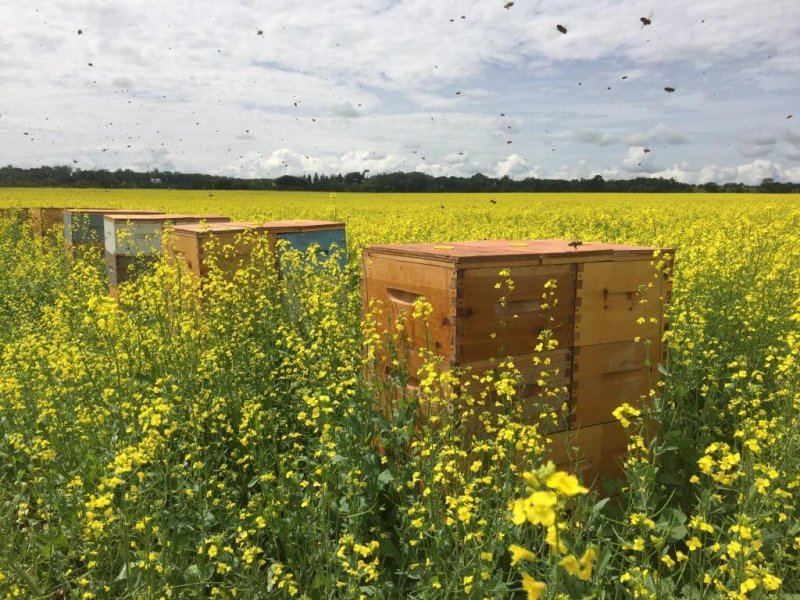The European Union will ban the world’s most widely used insecticides from all fields due to the serious danger they pose to bees.
The ban on neonicotinoids, approved by member nations on Friday [April 27], is expected to come into force by the end of 2018 and will mean they can only be used in closed greenhouses.
Bees and other insects are vital for global food production as they pollinate three-quarters of all crops. The plummeting numbers of pollinators in recent years has been blamed, in part, on the widespread use of pesticides. The EU banned the use of neonicotinoids on flowering crops that attract bees, such as oil seed rape, in 2013.
But in February, a major report from the European Union’s scientific risk assessors(Efsa) concluded that the high risk to both honeybees and wild bees resulted from any outdoor use, because the pesticides contaminate soil and water. This leads to the pesticides appearing in wildflowers or succeeding crops. A recent study of honey samples revealed global contamination by neonicotinoids.
Read full, original post: EU agrees total ban on bee-harming pesticides































